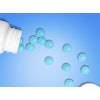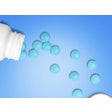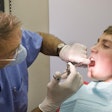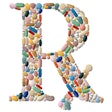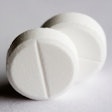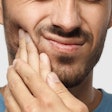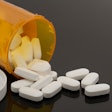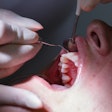
About 60% of dental patients self-medicate -- most commonly with analgesics and antibiotics -- for their oral health problems, including unbearable pain, according to a large systematic review published on September 19 in BMC Oral Health.
Therefore, prompt, effective interventions may be needed to address the elevated prevalence of self-medication for dental problems, the authors wrote.
"The prevalence of self-medication is very high, and it is one of the major health and social concerns," wrote the authors, led by Saba Jabbari of the faculty of dentistry at the Tabriz University of Medical Sciences in Iran (BMC Oral Health, September 19, 2024, Vol. 24, 115).
Among the largest social, health, and economic challenges across societies are excessive drug use and self-medication. In some instances, self-medication can worsen or cover up symptoms, alter diagnostic test results, and delay patients seeking care from dentists. Additionally, incomplete or inappropriate use of medications may affect one's health, including adverse reactions and effects, as well as populations, according to the study.
For this systematic review, 37 studies involving 12,110 participants with a mean age of 32 years and 48% male were analyzed. Overall, the occurrence of self-medication among dental patients was 58% [95% confidence interval [CI]: 53%-63%]. The most used drug categories used by patients were analgesics at 60% and antibiotics at 19%, the authors wrote.
The most common reasons for self-medication were previous experience, intense pain, and lack of time. As for the number of times patients self-medicated, the most commonly cited reasons were financial problems, too little time, and limited access, they wrote.
Since the review had several limitations, its conclusions should be interpreted with caution. One limitation included that the reporting of the articles was the limited and sometimes ineffective statistical methods, the authors wrote. Moreover, effective interventions should be designed and implemented to reduce self-medication by dental patients, they wrote.
"Interventions such as increasing the level of public awareness about the adverse effects of self-medication, regulating policies in pharmacies and drug prescriptions, and promoting the policy of returning unused drugs to pharmacies are among the most important interventions that can be considered by relevant authorities," Jabbari and colleagues wrote.


